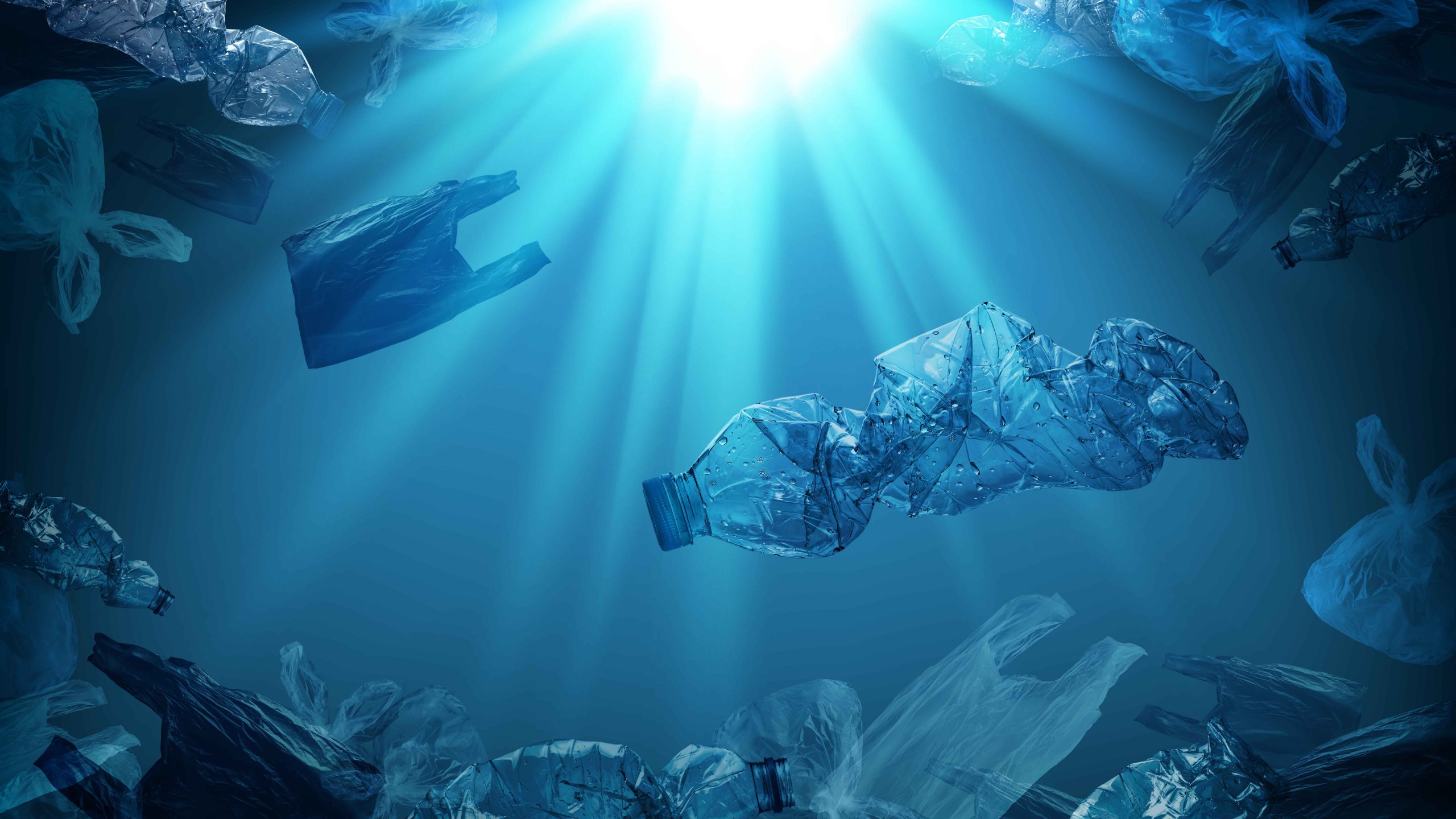A recent report from the UN Intergovernmental Panel on Climate Change said that households should play an important role in the battle against global warming by eating less meat and using fewer toiletries. But can the FMCG and retail sectors help drive this change or can they only respond to changing consumer and shopper demands?
Each year, plastic packaging waste generation in the UK amounts to approximately 2.2 million metric tons – an average of 20.42 kilograms of plastic packaging was collected per household in the UK in 2019. Deloitte’s recently reported that avoiding single-use plastics is the most common way consumers demonstrate their commitment to sustainability, with 61 percent saying they had cut back. A focus on seasonality (49 percent) and buying local goods (45 percent) were the next biggest areas of focus. Ethical and sustainability issues remain a key driver for almost a third of consumers, who claim to have stopped purchasing certain brands due to related concerns.
It feels like for many people the responsibility for sustainability has always lay with someone else, perhaps global corporations or governments. Consumers have been permitted to exercise ‘free will’ when it comes to the environment, though increasingly we are taking individual responsibility for our own roles in protecting the planet through small changes: eating a bit less meat; choosing sustainable energy sources; switching off lights, using fewer plastic bags.

The reality is that there has been a growing acceptance among consumers of the impact on the planet of our buying and consumption habits for some time. This has now been coupled with a renewed determination to see changes in manufacturing and supply chains that will lead to changing consumption habits. But now it also clearly makes commercial sense. Recent YouGov research found that 57 percent of UK grocery shoppers are willing to pay more for products that are better for the environment. That figure rises further for younger demographics to 69 percent of Gen Z shoppers.
Retailers have been constructive in their response. Tesco implemented a plan to cut plastic waste in 2019, since when it claims it has taken a billion pieces of plastic from its UK business and will reduce another half a billion this year. Similarly, Sainsbury’s has pledged to become carbon neutral by 2040, with a focus on helping shoppers enjoy food that is healthier and more environmentally friendly.
But even this may not be enough. The problem is too deep set now, too profound to be ignored even by the naysayers. The responsibility lies with us all: government, retailers, suppliers, and consumers.
The role of the FMCG sector has become not just to respond to consumer concerns but also to educate shoppers as well. And it is doing that in various ways, whether through certain product promotion; ways in which respective loyalty programmes are being used. It has become a circular process, with the sector both responding to shoppers’ changing priorities, but also shoppers’ responding to brands’ and retailers’ desires to be more socially responsible and sustainable.
And therein lies the essence of the contract that needs to be formed within which we all play different roles: governments for policy, targets, and investment; retailers to educate and enforce and to work with suppliers who will innovate across the entire value and supply chain, and consumers to buy sustainably. We can no longer afford a chink in the armour. Retailers, suppliers, and consumers need to work as one.

John Nevens, Joint Managing Director, Bridgethorne
John started his career with The Quaker Oats Corporation (now part of Pepsico), followed by the New Zealand Dairy Board. In 1998, he co-founded Bridgethorne. The company offers a range of services to suppliers and retailers worldwide, including leading brand names, delivering these services through training, consultancy, and outsourcing.




